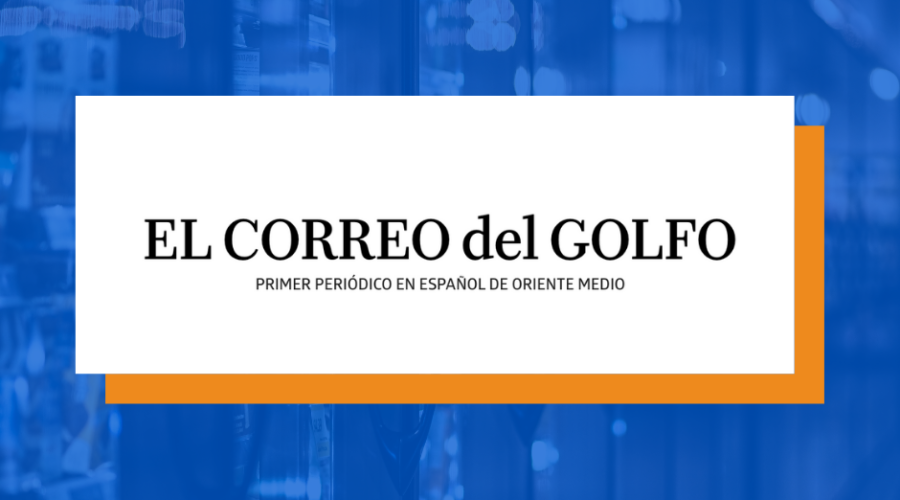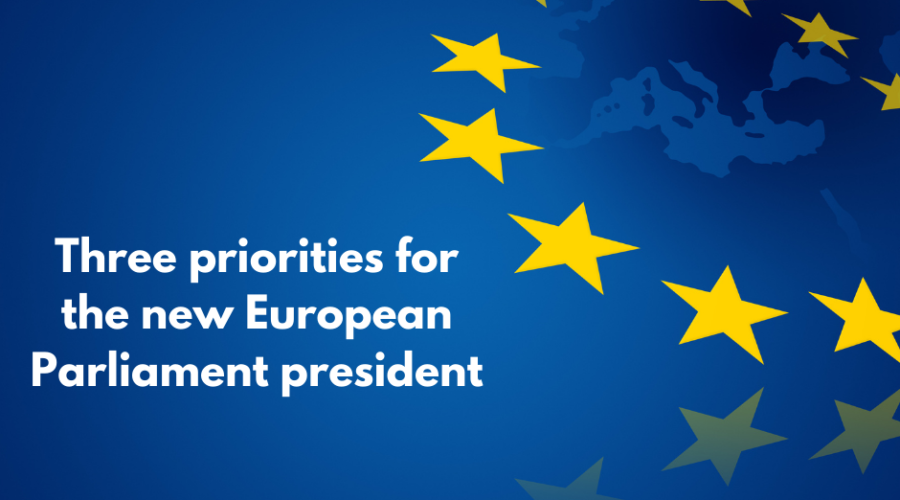The UAE ranked the most pandemic-resilient country
Today, the Consumer Choice Center, a global consumer advocacy group, released the updated 2022 Pandemic Resilience Index to overview global health system preparedness for COVID-19 and other viruses.
The Index examines 40 countries through the following factors: vaccination drive, booster programme launch, time lags that have put brakes on it, critical care bed capacity, and mass testing.
In 2021, the Consumer Choice Center published the Pandemic Resilience Index, with March 31, 2021 as the cut off date. The original results found that the UAE was the second most prepared country. The updated Index incorporates the new data between the end of March and late November, 2021, and additionally considers the booster programme.
“The UAE was the pioneer of the booster rollout. Countries such as New Zealand, Ukraine, Australia, Spain and Canada took 5 months longer to get it up and running. Compared to the initial results, the change in the ranking is largely due to the booster vaccine rollout delays. Israel, the most resilient country, according to the original Index, started giving out boosters 75 days later than the UAE,” said Maria Chaplia, Research Manager at the Consumer Choice Center and author of the Index.
“We also considered the relative change in testing, compared to the original index. Although Greece’s increase was highest, the UAE was among the top five countries to have increased their testing. Luxembourg and Sweden, for contrast, reduced their testing,” added Chaplia.
“We recognise that there are limitations to what this Index can achieve, as well as there might be a minor margin of error. However, it holds that vaccination and testing capacity remain a critical weapon against new strains of COVID. Most countries have learned the importance of testing, but the booster vaccination rollout experienced significant delays. The index should be seen as a reminder that there are countries that do it better — such as the UAE, Cyprus, and Bahrain — and they should be further explored as success stories,” concluded Chaplia.










